Top 10 Fears That Keep Billionaires Awake at Night
Money softens life’s edges, but it doesn’t erase anxiety. For billionaires, fear doesn’t revolve around missing a mortgage payment or covering next month’s bills. Their sleepless nights are filled with worries about legacy, betrayal, collapse, and the slow erosion of relevance. When your empire spans continents, what keeps you up is everything that can’t be bought or controlled.
Collapse from the Top — Wealth, Reputation, and the Fall
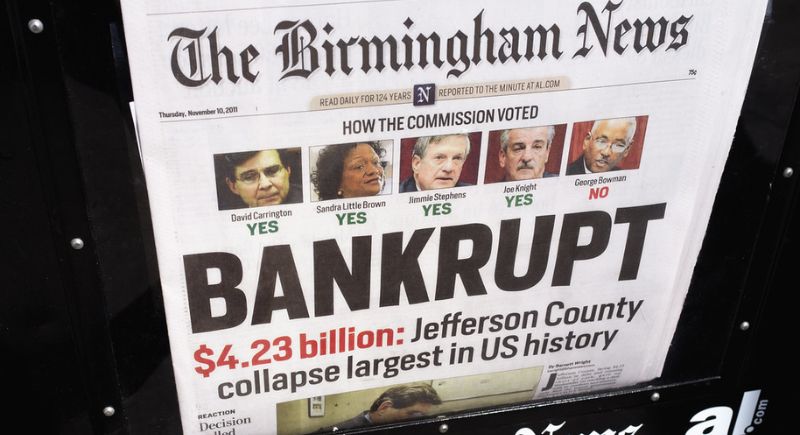
Credit: flickr
The worst kind of downfall isn’t sudden—it’s a slow, public collapse masked by denial. Wealth fades gradually, even as the headlines suggest everything’s fine. Then the lawsuits start. The exposés roll in. Private emails leak. Sometimes it’s not even a scandal that sparks it—just one bad post or a reporter digging with purpose. Mix in the internet’s hunger for public failure, and even decades of success can unravel overnight.
Legacy in Limbo — Can the Next Generation Handle It?

Credit: Getty Images
Building an empire is hard. Watching it get fumbled by bloodline keeps billionaires tossing at 3 a.m. Behind every trust fund is a quiet panic: Have they simply been coasting on the family name? Will they protect the empire or dismantle it in a decade? Estate planners can draft flawless documents, but they can’t instill vision. Billionaires dread being misrepresented—or forgotten—after they’re gone.
Trust No One — When Loyalty Has a Price Tag

Credit: studioroman
Imagine being surrounded by people who should be close to you, but never feeling safe. The more wealth accumulates, the more they question everyone’s motives. Even longtime friends and children aren’t immune to suspicion. When every relationship has a power imbalance, trust erodes fast, and true loyalty becomes harder to spot.
Facing Mortality — Health That Money Can’t Fix

Credit: Canva
Access to elite doctors, private labs, and experimental treatments doesn’t silence the deeper fear that no matter the wealth, aging and illness are still undefeated. Billionaires chase longevity with concierge medicine and custom diets. Some are even heavily sponsoring longevity research. Their mortality is a much-dreaded weakness, especially when they’ve spent a lifetime feeling invincible.
Alone at the Top — Isolation of Influence
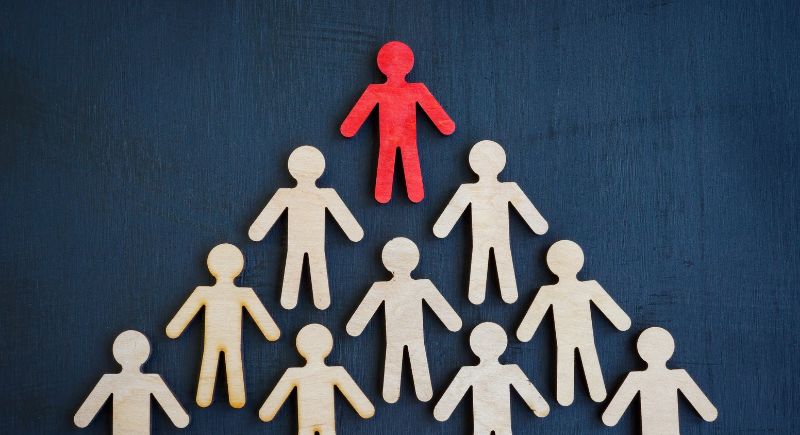
Credit: Getty Images
They may be surrounded by advisors and admirers, but billionaires often grapple with a profound sense of loneliness. The higher they climb, the fewer peers they find who can relate to their experiences. Decisions made in echo chambers can lead to missteps, and the lack of genuine feedback becomes a silent threat to their empires.
The Obsolescence Trap — Staying Relevant in a Fast World

Credit: pexels
Many wealthy people who have built businesses, especially those in tech, fear becoming outdated. Staying ahead in any field requires continuous learning and adaptation. The anxiety of being surpassed by younger, more agile competitors keeps them in perpetual motion. Sometimes it’s a good thing for innovation, but it surely keeps them up at night.
Steward of the World — The Crushing Weight of Responsibility
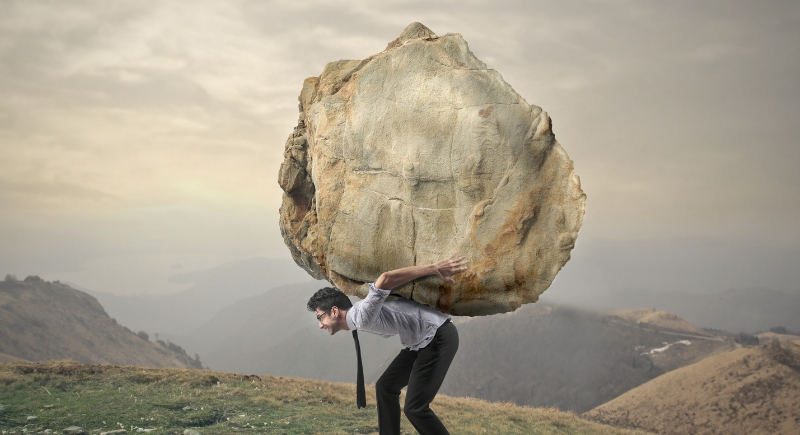
Credit: Getty Images
With great wealth comes great responsibility. Most billionaires have a responsibility to their shareholders, employees, communities, and global markets. They often feel the weight of their decisions, knowing missteps can have widespread consequences.
Meaning Deficit — The Fear That It’s All Empty
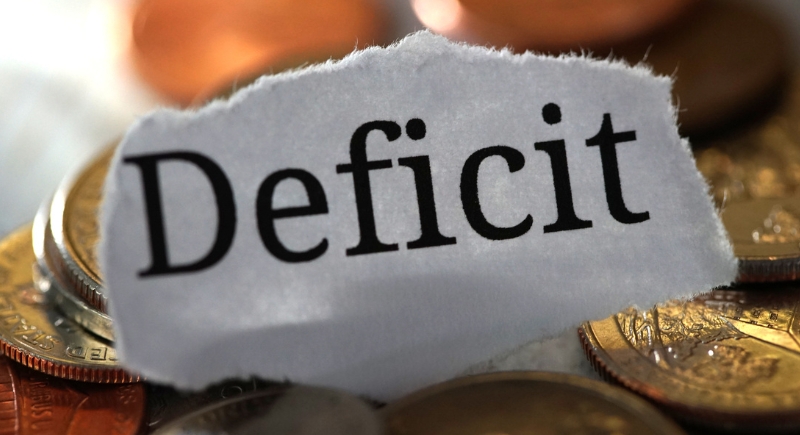
Credit: Getty Images
After the IPO, the yacht, and the third vacation home, a deeper fear creeps in that all the big achievements still haven’t filled the silence. For some, the absence of struggle leads to a crisis of meaning. Without an external problem to solve, they’re left confronting internal questions that money can’t answer.
Crisis Mode — Doomsday and Collapse Anxiety
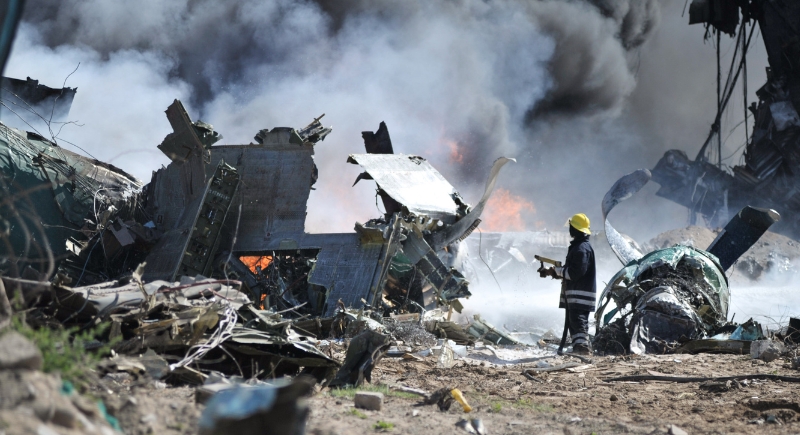
Credit: pexels
Some billionaires are preoccupied with preparing for catastrophic events. Why else do they invest in elaborate bunkers and survival plans? This fear comes from a belief that societal collapse is imminent and that their wealth won’t shield them from global crises.
Identity Drift — Who Are You Without the Empire?

Credit: pexels
Stepping away from a career that defines one’s identity can be daunting. For billionaires, retirement signifies a potential loss of purpose and self-worth. You spend your entire life building wealth, only to realize the end goal isn’t as appealing as the process. The transition can lead to existential questions about their role and value beyond their professional achievements.
The Fear of Political Retaliation

Credit: Getty Images
Billionaires often engage in political activities, supporting candidates or causes that align with their interests. However, this involvement can make them targets for political retaliation. Take Elon Musk in 2025, for example, or LinkedIn co-founder Reid Hoffman, who expressed concerns about personal and financial repercussions in the form of audits or denial of government contracts. Even the wealthiest individuals worry about provoking powerful adversaries.
Ownership Without Influence — The Fear of Symbolic Power
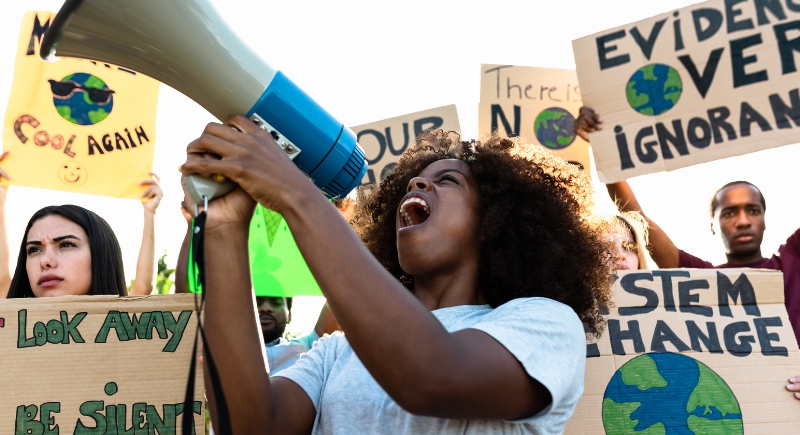
Credit: Canva
You can technically own platforms, teams, and empires, but still be muzzled by culture. Being “the boss” no longer guarantees narrative control. Activist employees, online movements, or even rebellious fan bases can override decisions and force reversals. Money can buy titles, but not always obedience, and certainly not public support.
Proxy Chaos — Fear of Untraceable Influence Gone Rogue
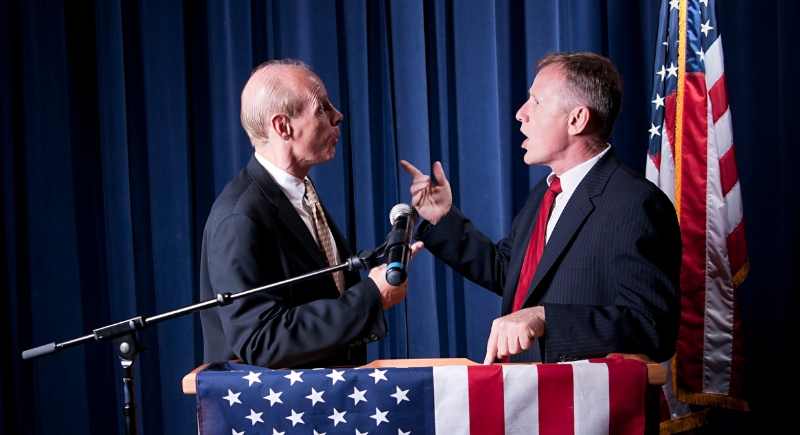
Credit: Getty Images
Billionaires often extend their reach by funding think tanks, advocacy groups, media outlets, and philanthropic ventures. But once activated, these proxies develop their own agendas. A PAC backs a candidate who turns authoritarian. A foundation you funded supports views that now embarrass you.
Displacement by a Cult Following — When Your Company Outgrows You

Credit: Getty Images
Some brands become so magnetic that they stop needing their creators. Employees idolize new visionaries, consumers follow influencers who reinterpret the brand, and founders find themselves relics in their own empires. The emotional ownership drifts elsewhere. Being the founder doesn’t guarantee relevance, and that quiet sidelining feels eerily like being exiled without leaving.
Kidnap Insurance Isn’t Enough — Fear of High-Value Physical Risk

Bessi/pixabay. “You cannot protect yourself from sadness without protecting yourself from happiness.” – Jonathan Safran Foer
When your face is on the cover of Forbes, anonymity dies, sometimes, along with basic safety. They worry about being kidnapped, followed, or having their children targeted by those who see them as walking ransom notes. Even armed drivers and private security can’t erase the gnawing fear that extreme wealth paints a bullseye on their backs. It’s the price of fame and fortune—being worth more captured than free.